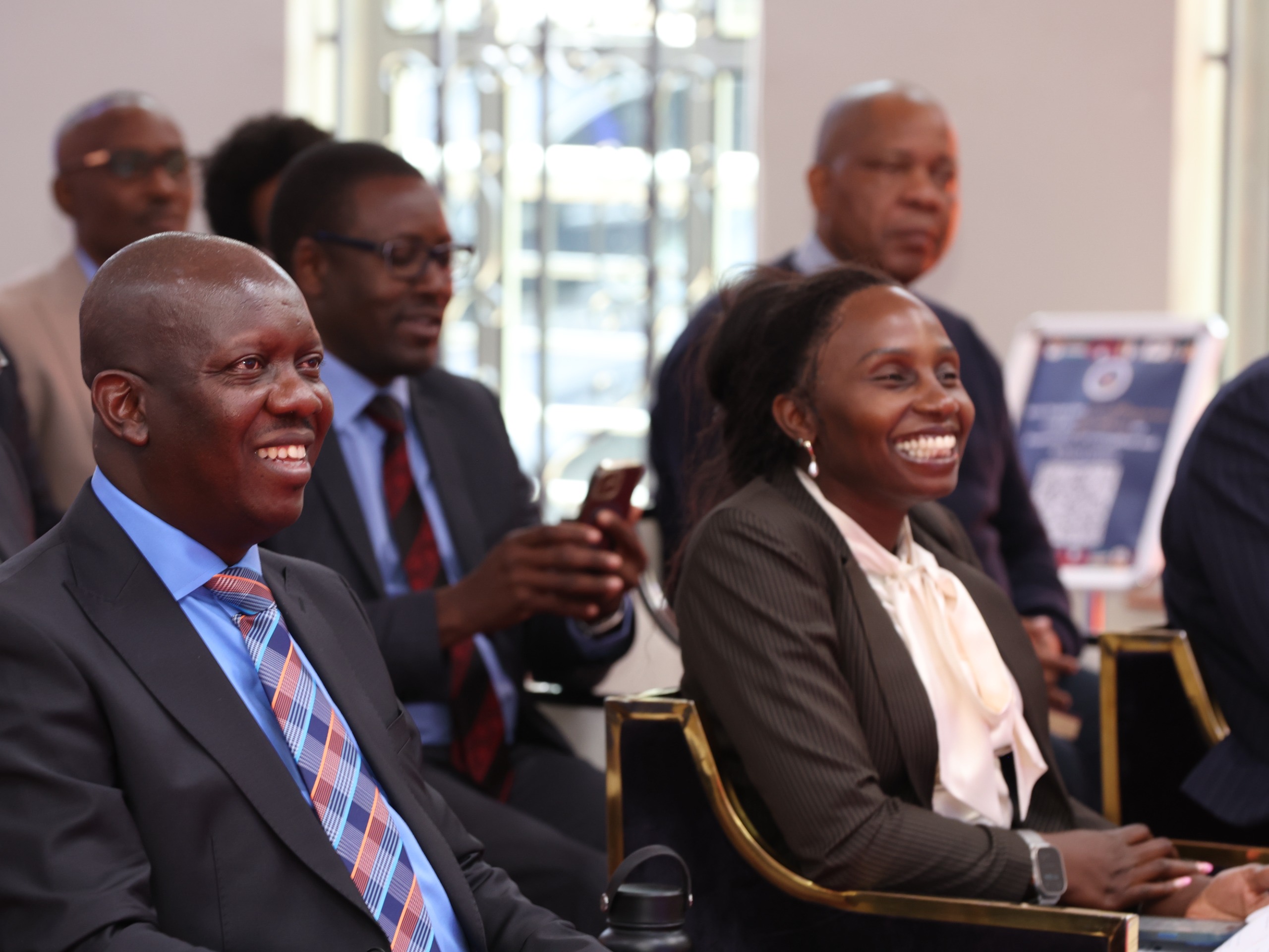
 Director of Public Prosecutions Renson Ingonga and LSK President Faith Odhiambo at the launch of the Guidelines on the Prosecution of Corruption and Economic Crimes/HANDOUT
Director of Public Prosecutions Renson Ingonga and LSK President Faith Odhiambo at the launch of the Guidelines on the Prosecution of Corruption and Economic Crimes/HANDOUTKenya’s fight against corruption received a major boost after the Office of the Director of Public Prosecutions (ODPP) launched new Guidelines on the Prosecution of Corruption and Economic Crimes, 2025.
The unveiling in Nairobi came as Director of Public Prosecutions (DPP) Renson Ingonga ordered the prosecution of several senior officials, including Bomet Governor Hillary Barchok and former Bungoma Governor Wycliffe Wangamati, over graft charges.
DPP Ingonga described the guidelines as a critical tool for accountability, consistency, and fidelity to the Constitution in corruption cases.
“Corruption has long undermined our country’s development, eroded public trust, and denied essential services to citizens,” he said.
“These guidelines provide a structured framework to guide prosecutorial decision-making across the country.”
The guidelines establish uniform standards for prosecutors, especially on charging decisions, and respond to emerging challenges such as the use of technology in concealing crimes.
They also call for stronger coordination between agencies at both national and county levels.
Ingonga stressed that collaboration remains central to the ODPP’s Strategic Plan 2023–2027.
“Effective cooperation in the justice sector must prioritize partnership over prestige, and cooperation over competition,” he said.
He thanked the European Union (EU) and the United Nations Office on Drugs and Crime (UNODC) for their support, describing the document as the product of a collective effort to fight corruption together.
The guidelines also introduce a new reporting system for anti-corruption cases to enable better progress tracking and accountability.
They promote alternatives such as plea bargaining to improve efficiency in justice delivery.
“These guidelines remind us that prosecution is a public trust,” Ingonga told ODPP staff.
“No one is above the law, and no one is beneath its protection.”
Lady Justice Lucy Njuguna, representing the Chief Justice, welcomed the move as timely in addressing a global challenge.
“Justice is only possible if every institution in the justice chain plays its role diligently,” she said, urging more investment in capacity building.
Law Society of Kenya (LSK) President Faith Odhiambo said the guidelines were vital in curbing graft, warning that corruption continues to rob Kenyans of services.
“It is the ghost in every stalled project, the shadow behind inflated tenders, and the silent hand that denies citizens dignity,” she said.
She added that the launch, coming just a day after Katiba Day, underscored the constitutional principles of equality before the law and prosecutorial independence.
Mark Mugonji of the Assets Recovery Agency pledged support, emphasizing stronger inter-agency coordination and technological investment to recover assets obtained through corruption.
The ODPP says the new framework is part of its broader strategy to strengthen Kenya’s justice system, build public confidence, and ensure no one escapes accountability for economic crimes.













